Potato Buns
Potato Buns are super soft and light with just a hint of sweetness. These homemade buns will take your burgers to the next level.
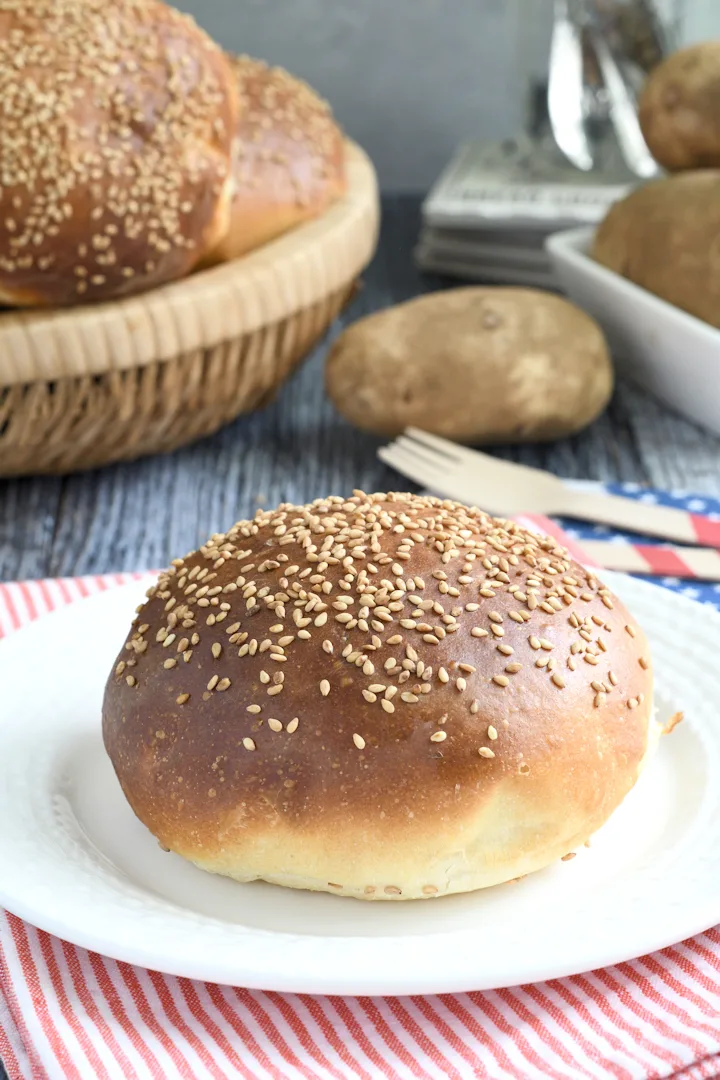
It’s grilling season! Is there anything as satisfying as a juicy burger, hot off the grill?
We spend lots of time thinking about what type of meat (or meat substitute) we should use to make the burger, and what type of fixins to put on top of the burger, but what about the bun?
A good burger bun should be soft enough so you can bite into the burger without all the toppings squishing out. But the bun should also be substantial enough to hold up to the burger juices and toppings without disintegrating.
Most of us just buy packaged buns without even thinking about making our own. But I can tell you that homemade Potato Buns will ruin packaged buns for you.
Why are Potato Buns so soft?
- Starch from the cooked potato will grab onto water in the dough. This makes less of the water available to the protein in the flour.
- Less water for the protein means less gluten development. Less gluten development means the dough will be softer.
- The potato starch hangs on to the moisture even after the buns are baked. This is why potato buns are so moist.
- After the buns are baked, the potato starch prevents the wheat starch from crystallizing. Do you know another name for crystallizing wheat starch? Stale bread! Potato buns stay fresh longer.
By the way, if you have an active Sourdough Starter, you can make Sourdough Potato Buns.
Scroll through the process photos to see how to make Potato Buns from scratch:
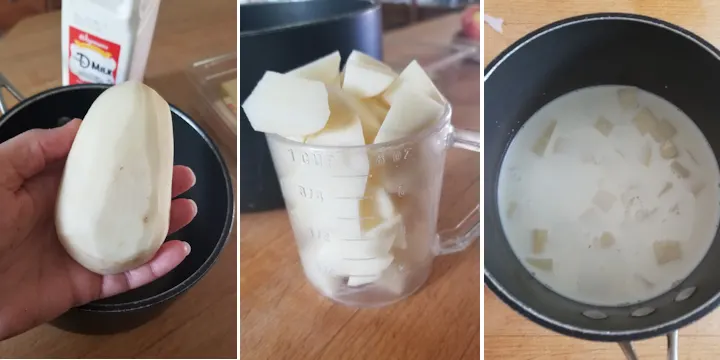
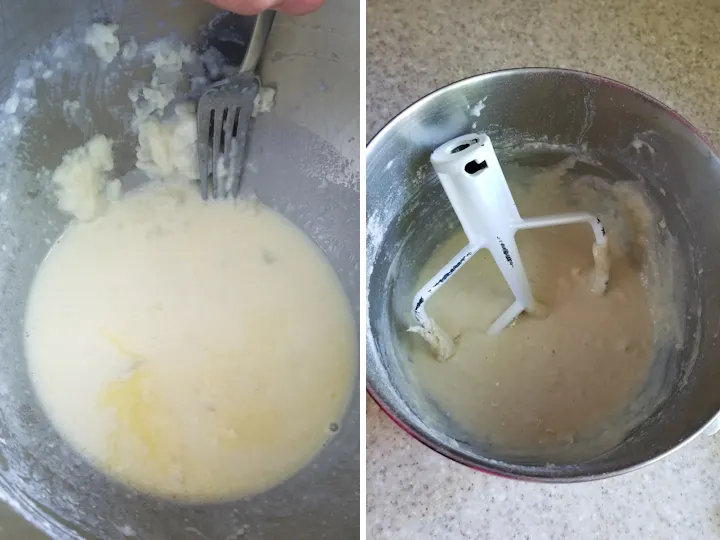
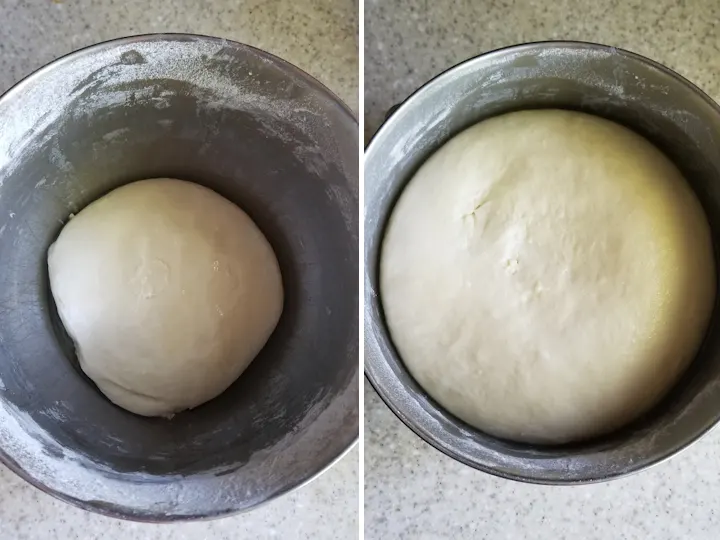
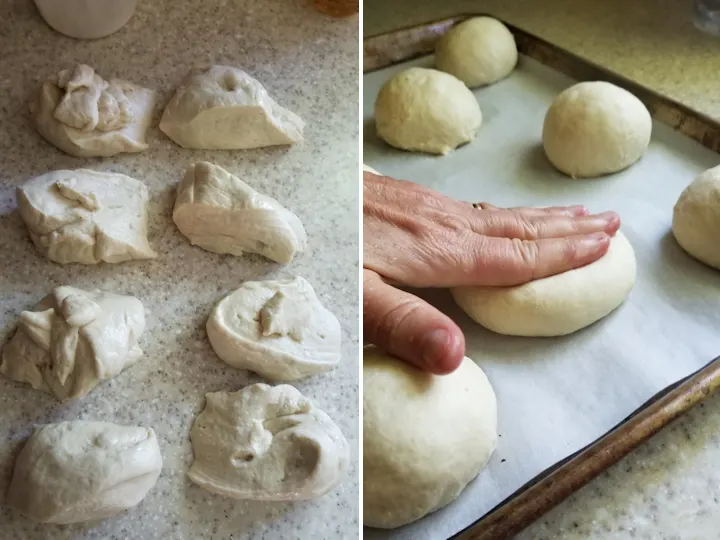
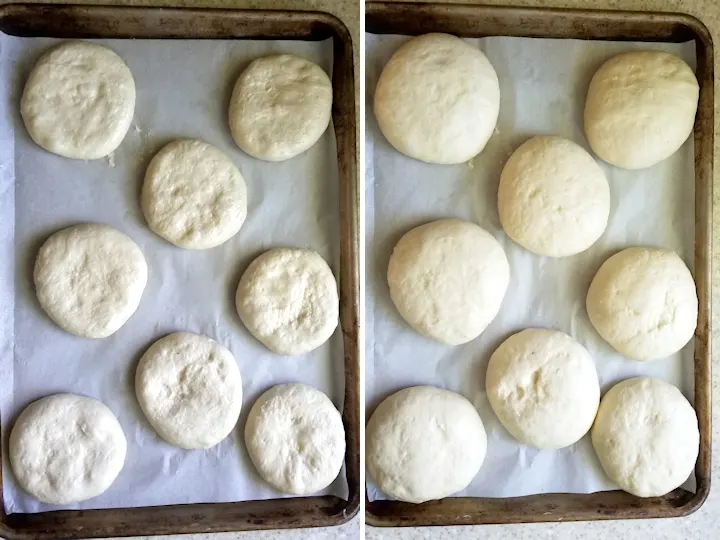
You can make the dough in the morning and have fresh burger buns ready by the time you fire up the grill for dinner. But please don’t limit yourself to using them for burgers, they’re also fantastic for sandwiches.
Want a great burger to go on your fresh baked burger buns? How about Chicken Satay Burgers for a change? You should also try my Milk & Honey Whole Wheat Burger Buns for a change of pace.
Now that your family is spoiled, you’ll probably need to make Homemade Hot Dog Buns too.
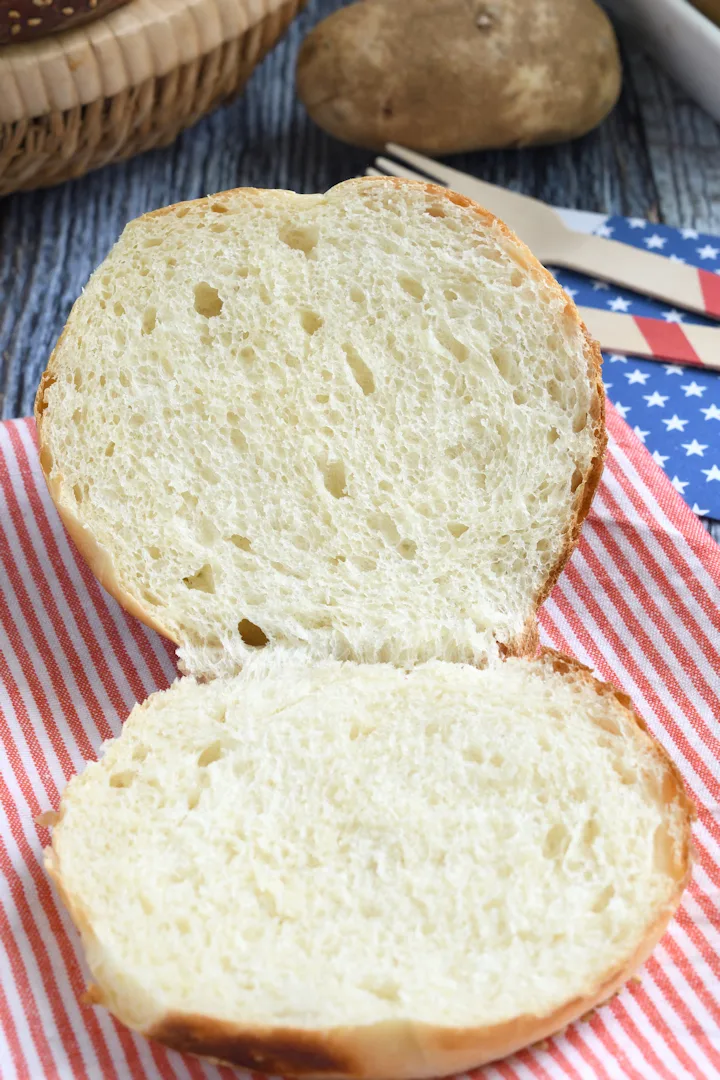
If you love this recipe as much as I do, I’d really appreciate a star rating and a quick comment. Ratings and comments help my recipes show in search results. Thanks!
Potato Buns
Ingredients
- 8 oz russet potato (1 medium)
- 16 oz whole milk (2 cups)
- 1 oz unsalted butter
- 1 oz granulated sugar (2 tablespoons)
- 1 ½ teaspoons table salt
- 1 large egg
- 2 ¼ teaspoons dry yeast
- 17 ½ oz bread flour (3 ½ cups, see note)
- 1 egg (for egg wash)
- Sesame seeds (optional, for garnish)
Instructions
- Peel and chop 8 oz russet potato to 1" dice. You should have 1 heaping cup of diced potatoes. In a small saucepan, combine 16 oz whole milk and diced potato. Bring the milk to a simmer and cook until the potato is very tender. Stir frequently and watch the pot for boil overs.
- Remove the pan from the heat. Transfer the milk to a large mixing bowl or the bowl of a stand mixer. Add 1 oz unsalted butter and use a fork or potato masher to mash the potato into the milk. Add 1 oz granulated sugar, 1 ½ teaspoons table salt and 1 large egg. Check the temperature. If needed, cool until the mixture is about 110F, or slightly warmer than body temp. Sprinkle 2 ¼ teaspoons dry yeast over the mixture.
- Add 1 cup (5 oz) of the bread flour and mix on low speed to form a thick batter. Switch to the dough hook or use a wooden spoon or spatula to mix by hand. Add the remaining bread flour and mix until the dough clings to the hook and clears the sides of the bowl. Knead for 5 minutes to develop the dough.
- Turn the dough out onto a floured surface and knead into a smooth ball. Set in a lightly oiled bowl, turning once to coat the surface of the dough. Cover with plastic wrap and set aside to rise until doubled in volume (1 – 1½ hours).
- Turn the dough out onto a lightly floured surface and knead to form a smooth ball. Divide the dough into 10 equal portions (see note). Roll each portion to a ball and set them a parchment lined baking sheet. Wet your hand and use it to flatten each ball to a disc about 1" thick.
- Cover the sheet pan and allow the rolls to rise until almost doubled in size (about 1 hour). Press a roll with your finger. If it springs right back it's not ready, if the dent slowly fills in the rolls are ready to bake.
- Meanwhile, preheat the oven to 400 °F.
- Brush the tops of the buns with egg. Sprinkle each bun generously with sesame seeds. Bake until the buns are golden brown and feel light when lifted off the sheet pan, about 10-15 minutes. Allow to cool completely before slicing.
Would you like to save this recipe?
As an Amazon Associate and member of other affiliate programs, I earn from qualifying purchases.

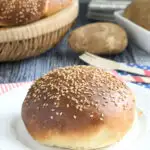
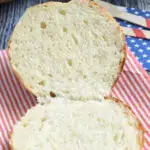
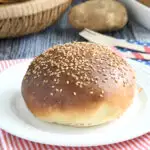




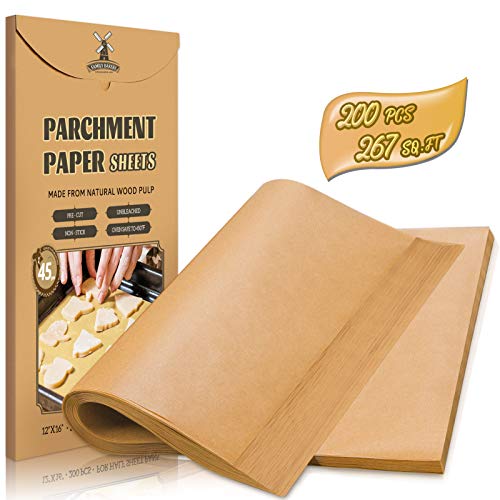
I would love to try these with a sweet potato (that’s all I have atm) do you think it would be starchy enough? I don’t like posting substitution questions but I’m a little desperate to use up those sweet potatoes! Thank you so much
I think it would work, actually. Sweet potatoes do contain starch. Let me know why they turn out. Now you’ve got me intrigued.
I tried your recipe with a couple of tweaks.
I got very good results, gluten free.
I made hot dog buns.
Great!